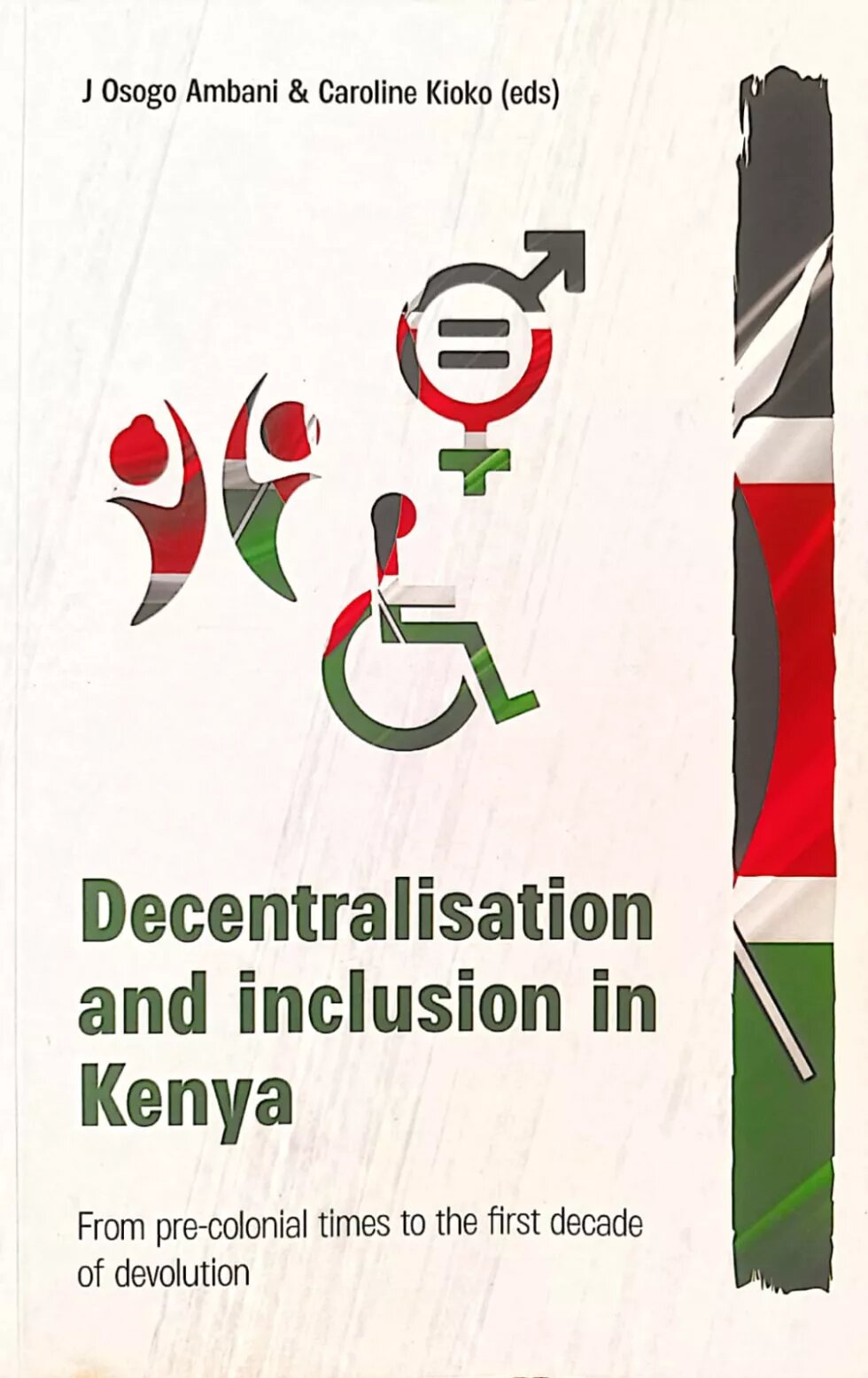Kabarak University and Heinrich Boell Foundation published a book dubbed “Decentralisation and inclusion in Kenya: From pre-colonial times to the first decade of devolution”. The publication is a result of a research that evaluated the first era of devolution (2012 – 2022). The critical focus on devolution and its impact on minority groups.

In 2021, Kabarak University and the Heinrich Boll Foundation partnered on a research project on the devolution of power and inclusion of marginalized groups in Kenya. The research, which took place across five counties (Mombasa, Garissa, Narok, Nakuru and Kakamega), sought to assess the impact of the first decade of devolution on the inclusion of women, youth, and persons with disabilities in governance structures in Kenya.
The partnership resulted in the production of the book "Decentralization and inclusion in Kenya: From pre-colonial times to the first decade of devolution." The study focuses on two variables: decentralization and inclusion. The book hypothesizes that there is a positive relationship between decentralization and the inclusion of marginalized groups, and that the more power is centralized, the more marginalized groups are excluded.
The book also explores the historical struggles for decentralization and inclusion by marginalized groups, as well as efforts by those in power to centralize power and exclude others. However, the push for decentralization and inclusion gained momentum with the promulgation of the 2010 Constitution, which entrenches devolution as one of its overarching principles.
Now, at the end of the first decade of devolved government, the book evaluates whether devolution has delivered on its promise to democratize and include marginalized groups.
The E- version of the book is now available for download here